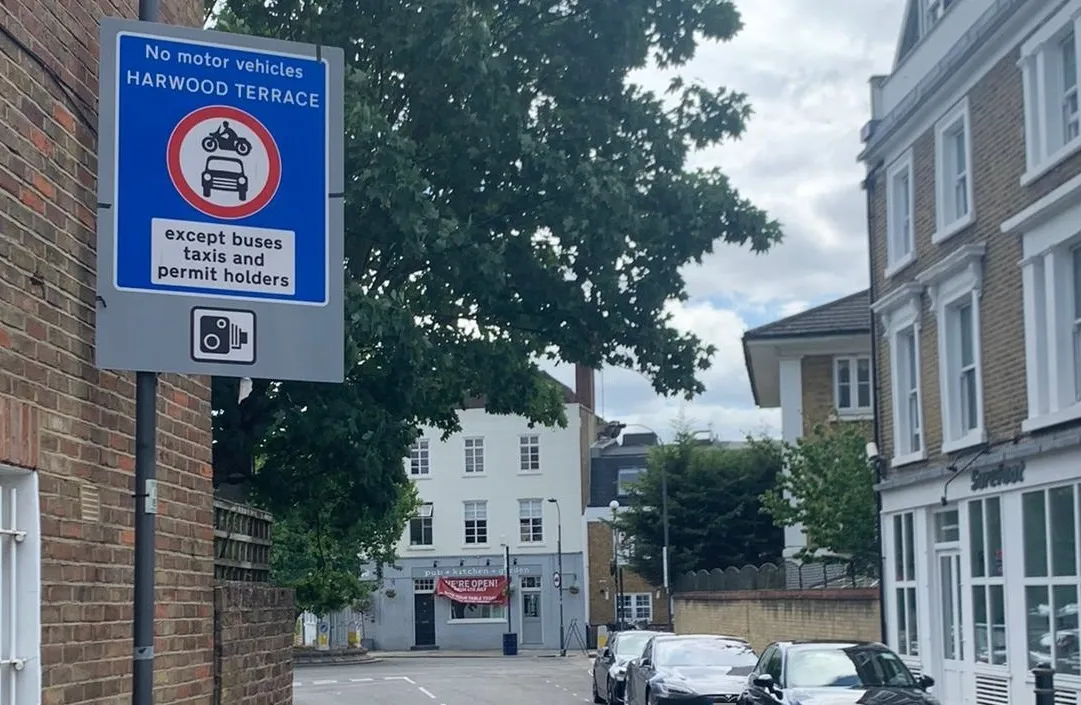Cohort company
SEA originally developed the fixed camera DTES system, including key software development and hardware provision, before it entered service with TfL in 2009. Over 800 cameras are employed for civil traffic enforcement purposes on the TfL road network to help minimise journey times and aid traffic flow, capturing incidents including bus lane, yellow box junction and banned manoeuvre contraventions.
SEA has partnered with mobile developer Mubaloo for the development of PES, a new on-street enforcement system designed to replace an end of life on-street enforcement system based on older feature phone technology. The smart-phone enabled system is designed to be used by a diverse range of users who are out and about on the street.
SEA will develop the PES backend systems and web interface which will integrate fully with the on-street app. By combining SEA’s experience in traffic enforcement domain with Mubaloo’s mobile apps, the end to end system will enable TfL’s ongoing on-street enforcement operations to remain effective and efficient. SEA will provide full end to end support for both systems, ensuring that very high levels of system availability are achieved throughout the contract.
SEA to further develop traffic enforcement systems for TfL
Cohort company SEA has been awarded contracts in excess of US$8 million (£6.5 million) by Transport for London (TfL) to further develop and provide ongoing support of its digital traffic enforcement system (DTES) and to develop and support a parking enforcement solution (PES) mobile application.
November 8, 2016
Read time: 2 mins









